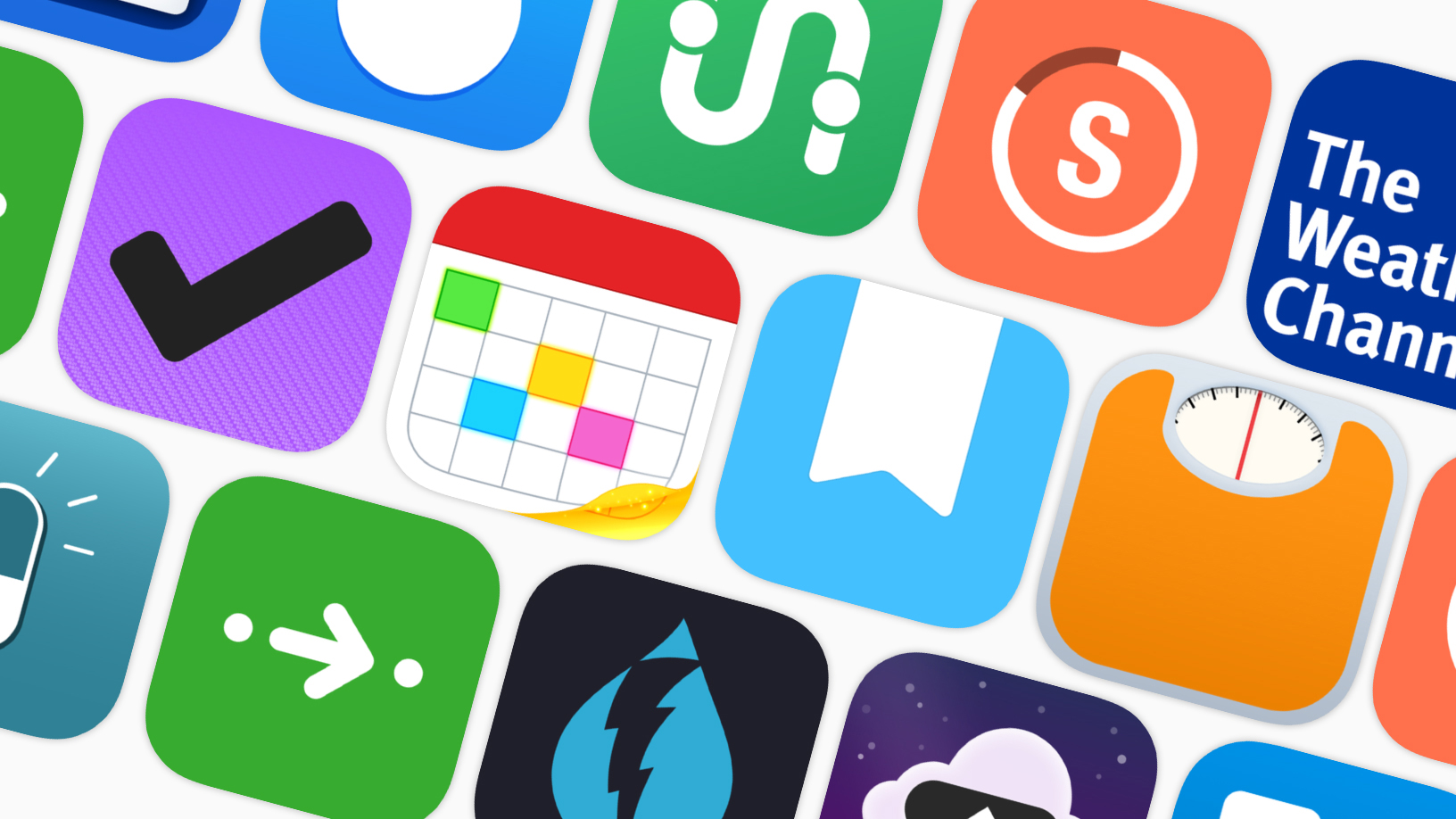
In today’s digital age, apps have become an integral part of our lives. From the moment we wake up to the time we go to bed, we rely on a plethora of applications to perform various tasks and keep us entertained. The evolution of apps has been nothing short of remarkable, transforming basic tools into indispensable everyday necessities. In this comprehensive exploration, we will delve into the world of apps, tracing their history, discussing their impact on society, and peering into the future of app development.
I. The Genesis of Apps
The concept of applications, or “apps” as we commonly refer to them today, can be traced back to the earliest days of computing. However, the modern app era began to take shape in the late 20th century with the advent of personal computers and the World Wide Web.
A. The Early Days
- Desktop Software: In the 1980s and 1990s, personal computers gave rise to a new era of software development. These early applications were primarily desktop software programs designed to perform specific tasks, such as word processing, spreadsheet management, and graphic design.
- The World Wide Web: The birth of the World Wide Web in 1991 by Tim Berners-Lee laid the foundation for web-based applications. Early web apps included basic email clients and rudimentary web browsers.
B. The Mobile Revolution
The real transformation of the app landscape came with the advent of mobile devices and smartphones.
- The Rise of Mobile Platforms: The launch of the Apple App Store in 2008 and the Android Market (now Google Play Store) in 2009 marked the beginning of the mobile app era. Developers now had a centralized platform to distribute their applications to a global audience.
- App Proliferation: The ease of development and distribution led to an explosion of mobile apps. From games and social networking to productivity tools and fitness trackers, there seemed to be an app for almost every conceivable purpose.
II. The Impact of Apps on Society
Apps have had a profound impact on various aspects of our lives, influencing the way we communicate, work, shop, and entertain ourselves.
A. Communication and Social Networking
- Instant Messaging Apps: Apps like WhatsApp, Facebook Messenger, and WeChat have revolutionized how we communicate with friends and family, making instant messaging a ubiquitous form of interaction.
- Social Media Platforms: Facebook, Instagram, Twitter, and TikTok have not only changed how we connect with others but have also transformed the way we consume news, share our lives, and engage with content.
B. Work and Productivity
- Remote Work Apps: The COVID-19 pandemic accelerated the adoption of remote work, leading to increased reliance on apps like Zoom, Slack, and Microsoft Teams for virtual meetings and collaboration.
- Project Management and Organization: Apps such as Trello, Asana, and Evernote have become essential tools for individuals and businesses to manage tasks, projects, and information.
C. Entertainment and Content Consumption
- Streaming Services: The rise of Netflix, Hulu, Disney+, and other streaming platforms has transformed how we consume television and movies, giving us on-demand access to a vast library of content.
- Gaming Apps: Mobile gaming has exploded in popularity, with apps like Pokémon GO and Fortnite becoming cultural phenomena and generating billions in revenue.
D. E-commerce and Shopping
- Retail Apps: Online shopping apps like Amazon and eBay have reshaped the retail industry, offering convenience and an extensive product selection.
- Food Delivery Services: Apps like UberEats, DoorDash, and Grubhub have revolutionized food delivery, giving consumers access to a wide range of restaurant options from the comfort of their homes.
III. The Challenges and Ethical Considerations
While apps have brought immense convenience and innovation to our lives, they also come with their fair share of challenges and ethical concerns.
A. Privacy and Data Security
- Data Collection: Many apps collect vast amounts of user data, raising concerns about privacy breaches and unauthorized data sharing.
- Cybersecurity: As the use of apps grows, so do cybersecurity threats. Developers and users must remain vigilant to protect sensitive information.
B. Addiction and Screen Time
- Digital Addiction: Excessive use of apps, particularly social media and gaming apps, has raised concerns about digital addiction and its impact on mental health.
- Screen Time Management: Parents and individuals alike struggle with managing screen time, especially among children.
C. Monetization and In-App Purchases
- Freemium Models: Many apps adopt a freemium model, offering basic features for free while charging for premium features or in-app purchases. This can lead to overspending and frustration among users.
- Advertisement Overload: The abundance of advertisements within free apps can be intrusive and diminish the user experience.
IV. The Future of Apps
As technology continues to advance, the future of apps holds exciting possibilities and challenges.
A. AR and VR apps
AR and VR apps are poised to transform industries like gaming, education, and healthcare by offering immersive and interactive experiences.
B. Artificial Intelligence (AI) Integration
Apps will increasingly leverage AI and machine learning to provide personalized recommendations, automate tasks, and enhance user experiences.
C. Wearable Technology
As wearable devices become more sophisticated, apps will play a crucial role in tracking health metrics, offering real-time feedback, and enhancing overall functionality.
D. Cross-Platform Integration
The lines between different types of devices and platforms will continue to blur, leading to seamless integration and data sharing between apps on smartphones, tablets, laptops, and other smart devices.
Conclusion
Apps have come a long way from their humble beginnings as desktop software programs. They have become an integral part of our daily lives, shaping how we communicate, work, shop, and entertain ourselves. While they have brought immense benefits, they also present challenges related to privacy, addiction, and monetization. Looking ahead, the future of apps is full of promise, with AR, AI, wearable tech, and cross-platform integration poised to further revolutionize the way we interact with technology. As we continue to embrace and adapt to this evolving digital landscape, it is essential to strike a balance between harnessing the power of apps and addressing the ethical and societal issues they raise.

